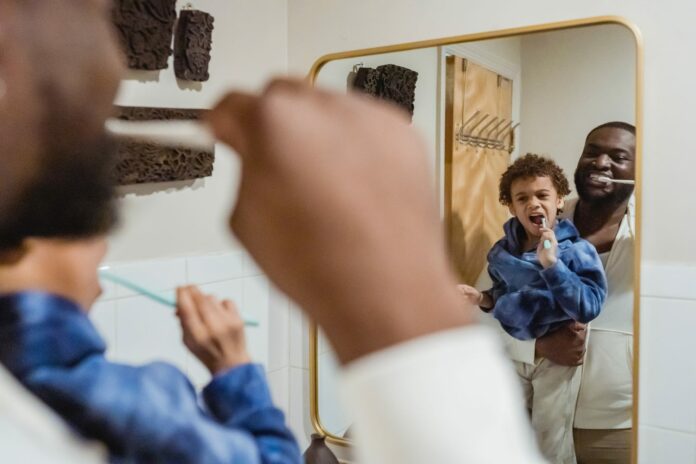Statistics South Africa (StatsSA) confirm that women live considerably longer than men, on average.¹ The general consensus is that the combination of men’s lifestyle choices and their reluctance to seek medical advice is a major contribution to their relatively high incidence of serious health issues at a young age.
As a society we need to address men’s vulnerability and explore ways to improve and lengthen men’s lives.
According to Tenet Health, an American healthcare association, although men may be perceived as the physically stronger gender because they are generally bigger and more muscular than women, when it comes to health, it’s the other way around. Men are more likely to develop chronic health conditions at a younger age than women. There are multiple causes, involving both biological and lifestyle factors. These include smoking, alcohol and substance abuse, stress, hormones, metabolism, genes, lack of exercise, unhealthy diet, and lack of regular checkups.²
According to StatsSA, men die six years earlier than women, on average. Old Mutual, which paid out R7,3 billion in underwritten personal risk cover claims across the group’s South African operations in 2022, reports that of the 56% of underwritten claims paid to men, the top claim categories were for cancer and cardiovascular disorders. It’s a fact worth sharing that the prognosis and outcome of these diseases is significantly better when diagnosed and treated at an early stage.
“To improve men’s health and narrow the gender health gap, there needs to be greater awareness of the importance of responsible lifestyle choices and regular medical check-ups,” says Dr Khan, Old Mutual’s Senior Medical Officer.
“Fostering a more tolerant and understanding culture is the first step to helping men not only live longer, but live better. To boost men’s health, we need to change our thinking on what constitutes masculinity. By encouraging open conversations, we can start to break down the stigma attached to men asking for help when it comes to health-related issues. Until men feel ‘allowed’ to talk about their fears and vulnerabilities, they will avoid seeking advice or support even when they urgently need it.”
Macho expectations
In South Africa’s paternalistic cultures, traditional gender roles and societal pressures continue to discourage men from expressing their feelings and uncertainties, even to themselves.
This is why boosting men’s physical health needs to start with changing society’s attitudes.
“It’s time for us to raise boys and treat men in a more accepting, enlightened way,” says Dr Khan. “It’s time to replace old stereotypes like ‘boys don’t cry’ with a new inclusive vision of manhood. Societal pressures and the expectation to always be strong and self-reliant is taking a dangerous toll on men.
“We need more school and community initiatives that provide boys and men with safe platforms where they can speak openly without being ridiculed and judged. We also need public figures and community leaders to do their bit to inspire others to change outdated attitudes and perceptions.”
The other critical step men need to take to live well for longer is of course to develop healthy habits. This includes eating more nutritious meals that are rich in vegetables and fruit, exercising regularly, getting sufficient sleep, reducing stress levels, avoiding excessive alcohol consumption, cutting out smoking and other harmful substances, and making time for social relaxation.
Men are also encouraged to make regular contact with their financial advisers. Be transparent and share any life changes such as suspected illnesses, disabilities, and retrenchment to keep your cover valid. Update details and stay on top of any cover changes or amendments. Of the 57% of severe illness claims paid to men, the youngest pay-out was to a 22-year-old, proving that it’s never too early to start planning ahead to ensure you and your loved ones are protected when you need it most.
To find out which conditions people with demographics similar to yours claimed for, visit the Old Mutual Claims tool.









